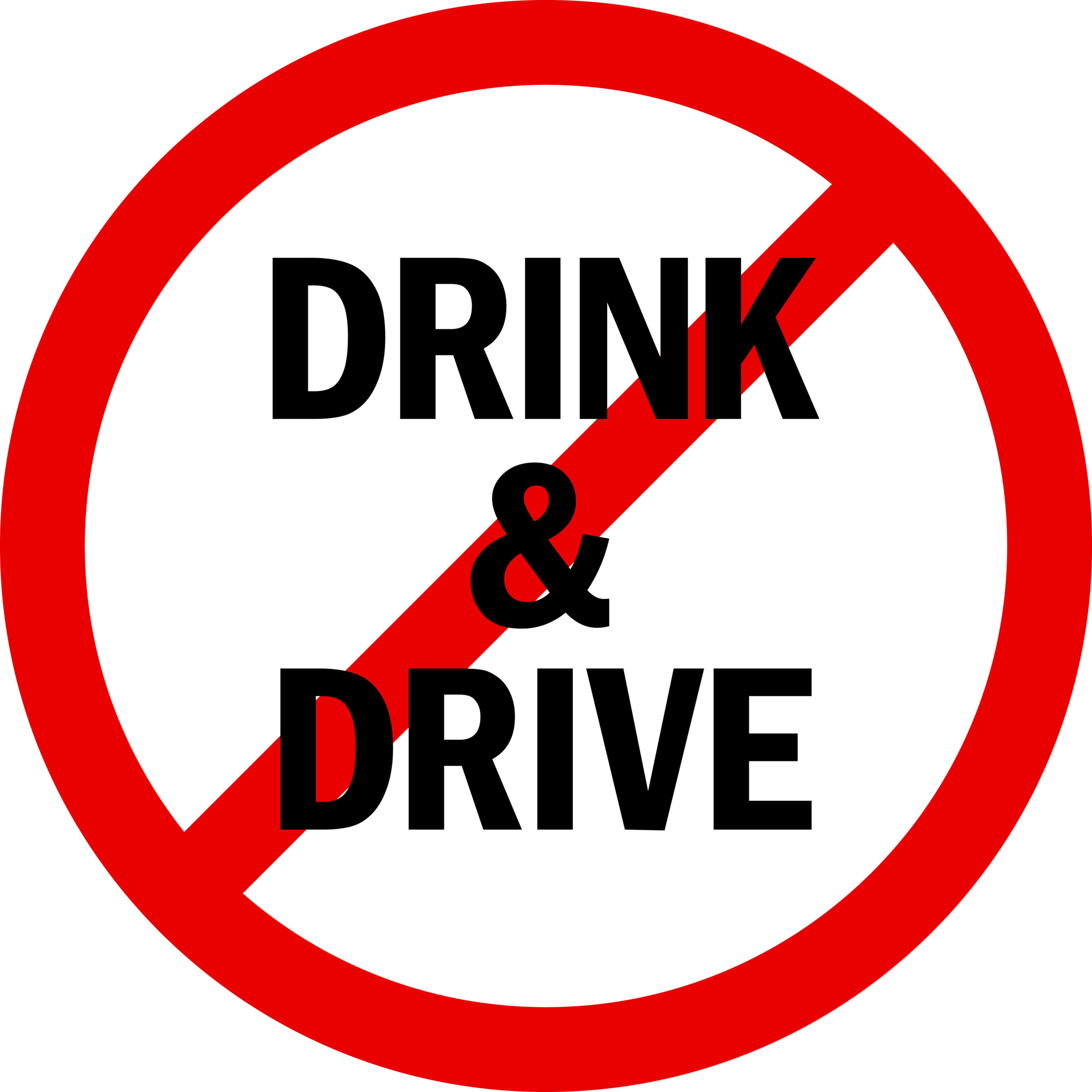On February 7, 2022, the Department of Labor (DOL) issued guidance to the States regarding the conditions under which a state may waive overpayments of unemployment compensation to an individual under the CARES Act programs. States are encouraged to waive non-fraud overpayments to individuals who received unemployment compensation under one of several programs, including the Pandemic Unemployment Assistance (PUA) program.
The circumstances under which the state may waive recovery under certain circumstances include both A) When payment was made through no fault of the individual, and B) Such repayment by the individual would be contrary to “equity and good conscience” as defined by state law. The new guidance is located here.
The Ohio Department of Jobs and Family Services has also provided instructions to request a waiver of PUA overpayments here.
The DOL guidance lists several case scenarios under which the state could waive individual overpayments. One of these circumstances applies to self-employed individuals who may have, through no fault of their own, incorrectly reported their income to the state. If any of the following scenarios apply to your situation, you may be eligible to have your overpayment waived by the state:
- The individual answered “no” to being able to work and available for work and the state paid PUA or PEUC without adjudicating the eligibility issue. Upon requesting additional information from the individual, the individual either did not respond or the individual confirmed that they were not able to work nor available for work for the week in question, resulting in an overpayment for that week.
- When an individual is eligible for payment under an unemployment benefits program for a given week, but through no fault of the individual, they were instead incorrectly paid under either the PUA or PEUC program at a higher WBA (Weekly Benefit Amount).
- The state paid the wrong amount of dependents’ allowance (DA) on a PUA or PEUC claim because the state, through no fault of the individual, used the wrong amount when calculating the DA, resulting in an overpayment equal to a minimal difference in DA for each paid week.
- The individual answered “no” to being unemployed, partially unemployed, or unable or unavailable to work because of the approved COVID-19 related reasons and the state paid PUA anyway. Upon requesting a new self-certification, the individual either did not respond or the individual confirmed that none of the approved COVID-19 related reasons were applicable, and the state’s payment resulted in an overpayment for that week.
- The individual answered “no” to being unemployed, partially unemployed, or unable or unavailable to work because of the approved COVID-19 related reasons and the state paid PUA anyway. Upon requesting a new self-certification, the individual either did not respond or the individual confirmed that none of the approved COVID-19 related reasons were applicable, and the state’s payment resulted in an overpayment for that week.
- Through no fault of the individual, the state paid the individual a minimum PUA WBA based on Disaster Unemployment Assistance (DUA) guidance that was higher than the state’s minimum PUA WBA, which resulted in an overpayment.
- The individual complied with instructions from the state to submit proof of earnings to be used in calculating their PUA WBA. However, through no fault of the individual, the state’s instructions were either inadequate or the state incorrectly processed this calculation using self-employment gross income instead of net income or documents from an inapplicable tax year, resulting in an incorrect higher PUA WBA. The state establishes an overpayment for the difference in PUA WBA.
- The individual complied with instructions from the state to submit proof of self-employment earnings to be used in establishing eligibility for MEUC (Mixed Earner Unemployment Compensation). However, through no fault of the individual, the state’s instructions were either inadequate or the state incorrectly processed this calculation using the incorrect self-employment income or based on documents from an inapplicable tax year, resulting in the individual incorrectly being determined eligible for MEUC.
For assistance with employment law-related issues, please contact Kristina Curry at kcurry@pselaw.com or 937.223.1130.













